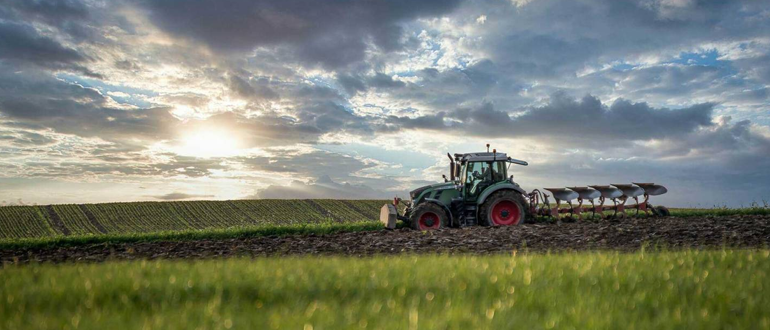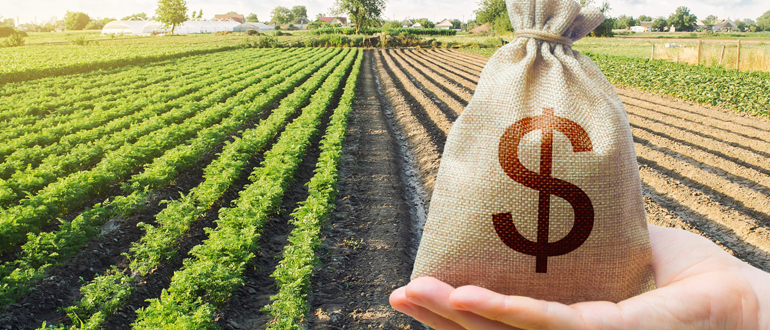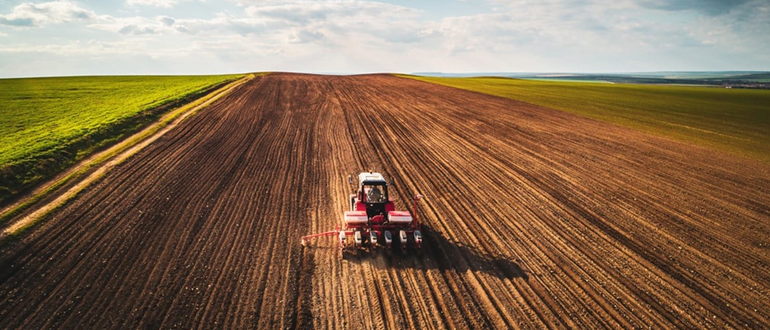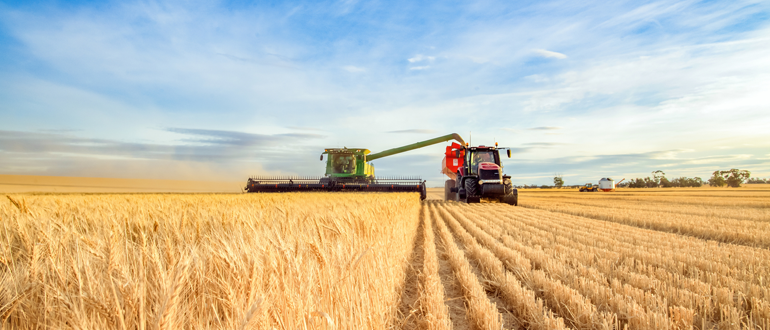
Farmers have been the backbone of societies since the dawn of civilization, tirelessly working to feed the world. The farming industry has seen a remarkable evolution from the plow’s early invention to today’s sophisticated technologies, including GPS-guided machinery, advanced irrigation systems, and drought-resistant seed varieties. Despite these advancements, one fundamental element has remained unchanged: the land itself.
To invest in farmland is an age-old strategy, grounded in the simplicity of purchasing property and generating value through revenue, appreciation, or tax benefits. Yet, while the concept may seem straightforward, the reality of selecting the right farmland to meet specific investment goals can be complex. This complexity is particularly evident for those considering farmland as a cornerstone of their retirement planning.
In this comprehensive guide, we will delve into the key strategies and benefits of investing in farmland. We’ll explore crucial considerations to help you navigate the intricacies of this investment, ensuring that your choices align with your financial aspirations and long-term goals.
Key Considerations to Look at Before You Invest in Farmland
Investing in farmland is more complex than it may initially appear. It requires careful consideration of various factors to ensure that the investment aligns with your financial goals. Here are some critical aspects to keep in mind:
Selecting the Right Advisor for Your Farmland Investment

When investing in farmland, choosing the right advisor is crucial. Many large and small investors mistakenly rely on agents without the necessary industry and local market knowledge. This oversight can jeopardize their investment. Drawing from extensive real estate career and personal farming experience, there have been frequent observations of investors using agents lacking the required land expertise for their transactions. For successful farmland investment, seeking out a real estate professional with proven competence in this area is essential.
A reliable land professional is often a member of organizations like the Realtors® Land Institute (RLI), which focuses exclusively on land as a real estate asset class. For added assurance, look for those with RLI’s prestigious Accredited Land Consultant (ALC) Designation. This designation signifies extensive training and accomplishment in the land industry, a credential held by only about 500 agents worldwide. It is imperative to emphasize the importance of specialized expertise. Just as an urban realtor may not understand the intricacies of farmland investment, a farm and ranch real estate agent would likely lack knowledge about urban condominiums.
To ensure you are working with a qualified land professional, use RLI’s “Find A Land Consultant” search tool. This tool helps you locate ALC Designated agents near you, ensuring your investment is in capable hands. Selecting the right advisor can make all the difference in the success of your farmland investment.
Benefits of Investing in Farmland

Farmland ownership also brings considerable tax advantages. Many farms include depreciable improvements such as grain storage facilities, irrigation systems, barns, and other structures. These assets can be depreciated annually, helping to offset taxes and improve net income. For personalized advice on this aspect, consulting a CPA is highly recommended.
Additionally, farmland presents multiple income opportunities. You can lease the land, farm it yourself, or engage in sharecropping arrangements, generating consistent revenue streams. With the global population on the rise, the demand for food and fiber continues to grow, driving up the value of farmland.
The United States stands out as an ideal location for farmland investment, boasting a stable democratic government and robust infrastructure, including railroads, rivers, and highways. This contrasts with some foreign investments that, while potentially lucrative, often face challenges such as lack of infrastructure or political instability.
Factors to Consider When Choosing Farmland Investments

When venturing into farmland investments, success hinges on careful consideration of several crucial factors.
Firstly, assessing your capital is paramount. Determine your financial capacity and decide whether you’ll invest solely with available funds or leverage through loans. Choosing a lender knowledgeable about farmland investments can greatly benefit you. Explore options like government loans provided by entities such as the USDA and seek guidance from experienced land professionals to navigate this aspect effectively.
Secondly, embrace the long-term nature of farmland investments. Unlike quick-turnaround ventures, farmland typically yields optimal returns over extended periods. Expect fluctuations influenced by economic cycles and agricultural trends. Committing to holding onto your investment for five years or more can enhance your chances of realizing substantial gains.
Lastly, mitigate emotional influence throughout your investment journey. Although land can evoke sentimental attachments, approaching transactions with a clear, rational mindset is crucial. Whether it’s resisting the urge to impulsively purchase or sell based on fleeting emotions, maintaining objectivity is key to securing your financial future. Remember, strategic decisions based on financial analysis often yield the most favorable outcomes.
Resource: For a variety of farmland investment opportunities, visit LandLeader and explore their extensive listings.
Divesting a Farmland Investment

- Use a qualified professional: Employ a land professional with expertise in farmland transactions. They can help you get the best price and handle the complexities of the sale.
- Marketing strategy: A tailored marketing program is essential to attract qualified buyers. A skilled agent will have the resources and knowledge to market your property effectively.
- Buyer qualification: Ensure that potential buyers are vetted to meet the financial requirements needed to complete the purchase.